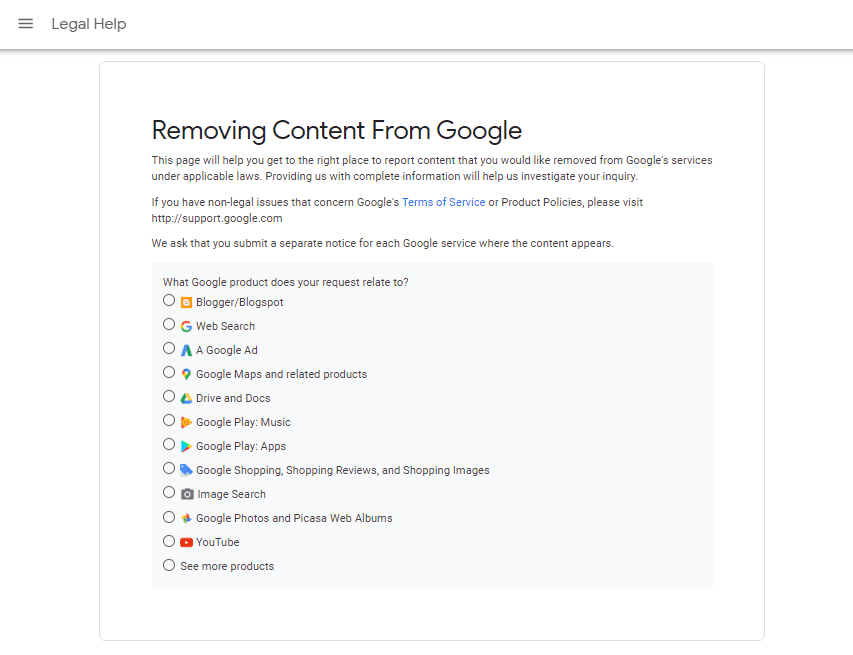Nowadays personal information travels on the Internet. Social media are the masters and, by sharing photos, information and videos, it is impossible to prevent the digital circulation of data. We do it autonomously and willingly, but the situation changes when others spread the sensitive data concerning you. Worse still when exposed by defamatory information.
If you ascertain the presence on the web of fake or sensitive data concerning you, you must intervene by removing them permanently. Let’s see how.

What is defamation?
Anyone who, by communicating with one or more people, offends the reputation of others is punished with imprisonment and other fines depend on that country’s law.
But before taking expensive legal action, know that there are cheaper ways to remove defamatory information from the web.
Contact the owner of the web page
Before starting a real war, an initial attempt would be to contact, in a completely peaceful way, the owner of the web page that published the information. To do this, proceed as follows:
- Use the Contact Us form: this information is generally found at the bottom of the website’s web page.
- Use the Whois protocol: y
ou can perform a Whois search (Who is? Or Who
is it?) On Google. In a nutshell, type in Google ‘Who is’ www.sitename.com. You will be directed to a web page that will provide you wit
h all the info of the domain. The owner’s contacts are generally found in the Registrant Email or Administrative Contact
By communicating with the manager in a civil manner, perhaps, you may discover an individual willing to remove the offensive page. If the subject is not willing to collaborate, it will be necessary to take a step towards another type of intervention.
Contact the site hosting company
If you have contacted the webmaster and have not been willing to cooperate, the next step will be to report the violation to the hosting company. Most web hosts do not allow the publication of personal information or any form of defamation. Details of the site’s hosting company can be found in the Whois search results.
Report the violation to Google
Another approach is to report the violation to Google so as to obtain a definitive cancellation of the data and the page itself. Google is the driving force of the web, therefore being eliminated from the search engine means losing any possibility of obtaining visibility. Be careful, though. Google will only be able to remove personal information that causes significant risks of identity theft, financial fraud or other specific and specifically damage:
- Credit card numbers
- Bank account numbers
- Explicit sex and nude images uploaded without your consent
- Personal medical data of individuals
- Signed images
- Texts or images that infringe copyright
- National identification numbers such as the Social Security Number (United States), the Número de identación fiscal (Argentina), the Cadastro de Pessoas Físicas (Brazil), the registration number for residents (Korea), the identity document for residents (China) and so on
Although considered personal, information relating to dates of birth, telephone numbers and addresses will not be r
emoved from the search engine as they are available on the official websites of government agencies.
To send the request for removal of content to Google, it will be necessary to proceed by filling out the contact form:

